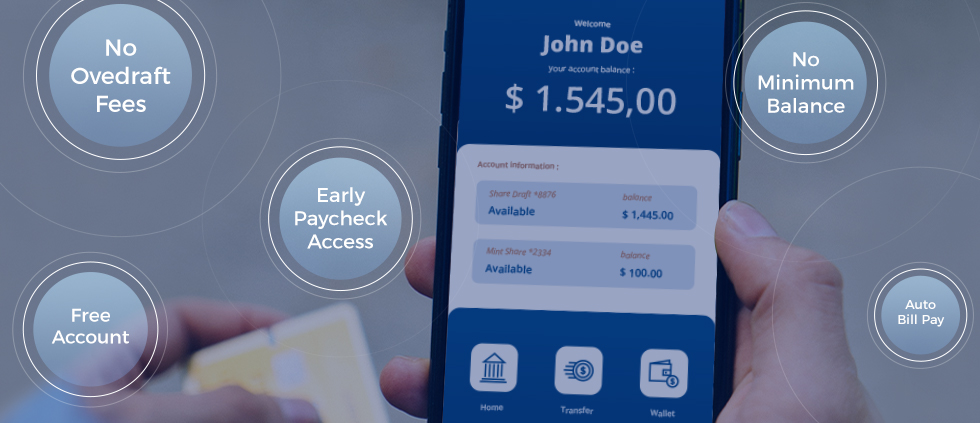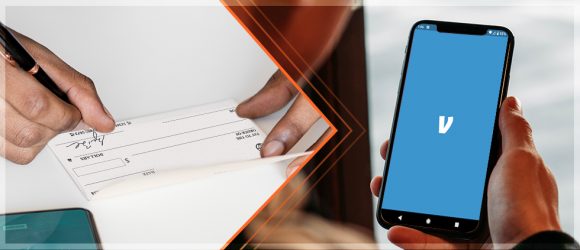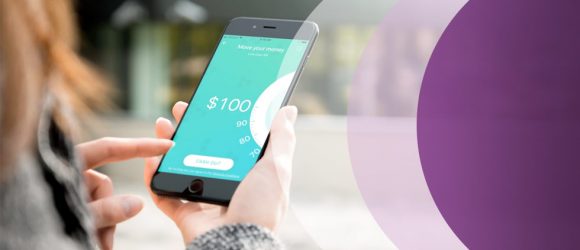Keeping Up: Recent Developments in Checking Accounts

Checking accounts have been widely considered the lynchpin of a banking relationship. Typically, when a consumer or business chooses a financial institution (FI) as their checking account provider, they are also designating them as their primary FI.
Therefore, these DDAs are important to almost every type of FI – from national banks to regional and community banks, as well as credit unions – and they continue to invest in checking account “switch” campaigns. They have seen varying levels of success “reinventing” checking accounts, differentiated by benefits, features, digital options for account opening, level of servicing and fees, etc. And they’ve experimented with naming tiered and customized DDA accounts to attract and engage large cohorts – from Gen Z to Boomers, for example – and specific segments, like the newly banked to affluent customers.
New research from Novantas indicates that consumers are very open to new providers in 2020: 58% of those in the market for a new primary FI indicate they are open to providers like Amazon, Facebook, Apple and Google. Compared to 2017, that’s a 14-point increase. We’re seeing the emergence of new players helped along by the pandemic and the resulting move away from branches, which previously represented a value-add associated with mainstream players.
So when it comes to checking accounts in 2020, what’s new or on the horizon?
Credit Karma Checking: A Play for Consumer Data
Credit Karma is introducing a new checking account to be folded into Credit Karma Money, which debuted in 2019. The company is initially targeting 2.5M Credit Karma Money members before rolling out more broadly in 2021. As Credit Karma’s CEO tells Fast Company, the company thinks “this is a product for people who have been left behind in financial services.”
Interestingly, Fast Company observes that Credit Karma is not attempting to become a consumer’s primary bank. Instead, it is interested in “generating reasons for consumers to share data on spending patterns and getting them to open its app more frequently.” This fits into Credit Karma’s overall positioning as “a technology company that powers consumers’ decision to optimize their finances.”
The Credit Karma checking account has these features and benefits:
- Early paycheck access
- No overdraft or hidden fees
- Access to 55,000 ATMs
- FDIC- insured up to $5M
- No credit check required
- Automatic bill pay
- “Instant Karma” rewards program (cash for good financial behavior)
Amazon: Checking From a Highly Trusted Brand
It is uncertain if Amazon will actually launch checking services – it’s been on again, off again. But as of June 2020, The Wall Street Journal reported Amazon was in talks to move forward, and Doughroller indicates that Amazon would most likely co-brand the checking account with a partner such as Chase or Capital One and target millennial users, particularly those without bank accounts or credit cards.
In a recent survey noted by The Financial Brand, thousands of U.S. banking consumers say they trust Amazon with their money as much as they trust banks. In fact, survey results speak to the power of the Amazon brand: 38.3% of consumers surveyed indicate they would have “about the same level of trust” in Amazon handling their finances versus a bank, 17.2% actually would trust Amazon more, 21% were unsure and 23.5% would have less trust in Amazon.
What can you expect form an Amazon checking account? Experts report that Amazon will stand out with lower bank fees, low minimum account balance requirements and overdraft charges. Potential benefits and features include a completely digital and mobile product that comes with a traditional debit card but no paper checks.
Google + Citigroup + Others: Co-branded Checking.
Also scheduled to launch in 2021, Google co-branded checking accounts will provide front-end user experience – and financial insights – combined with the checking account infrastructure from the partner FI. Potential partner brands reportedly include SEFCU, Stanford Federal Credit Union, First Independence Bank, Coastal Community Bank, BankMobile, BMO Harris, BBVA USA and Citi.
How will a Google co-brand partnership potentially help FIs? Banking DIVE reported recently on some likely opportunities:
- For small and midsize institutions, “Google’s offering is an opportunity to scale business away from the larger players,” observes Ron Shevlin of Cornerstone Advisors.
- For large banks like Citi, there’s an opportunity to draw more customers without investing in branch infrastructure. (Compared to other big banks like Chase, Citi has a relatively small branch footprint.)
- A partnership can support digital and mobile banking strategies for partner brands or help banks with existing digital strategies to improve.
- Partners can use Google’s geolocation technology and mobile apps. For example, Shevlin tells Banking DIVE, “Google can potentially make targeted mobile app marketing offers asking if consumers would like more information on a low-interest home equity loan from one of the partner banks when consumers are in a mall, at a furniture store, or searching on Google.com.”
Intuit: Small Business Ecosystem
Clearly, Intuit has strong connections with small business: about 5M businesses use QuickBooks. Now, in partnership with Green Dot Bank, Intuit is offering QuickBooks Cash which, despite the confusing name, is designed to be a primary banking account (with debit card) associated with all of the company funds that flow through QuickBooks.
Some checking account features are planned for the future, according to an Intuit spokesperson cited by The Financial Brand: “We don’t support remote check deposit or check writing today, but you can expect us to support both in the foreseeable future. An incredible number of small businesses and even enterprise businesses still use checks — they represent a massive amount of B2B payments.”
QuickBooks Cash product benefits include:
- Free account
- No opening fees
- No minimum balance requirement
- No overdraft fees
- QuickBooks Cash Visa Debit card
- QuickBooks cash account earning 1% APY







